Digital nomad life is full of interesting challenges and one challenge that a nomad faces that an office worker does not is how to manage their health and wellbeing.
The good news is that remote working can have some substantial health benefits and conversely the bad news is that it might be bad for your health too. So, let’s take a look at each case and see what you can do to stay healthy while working remotely.
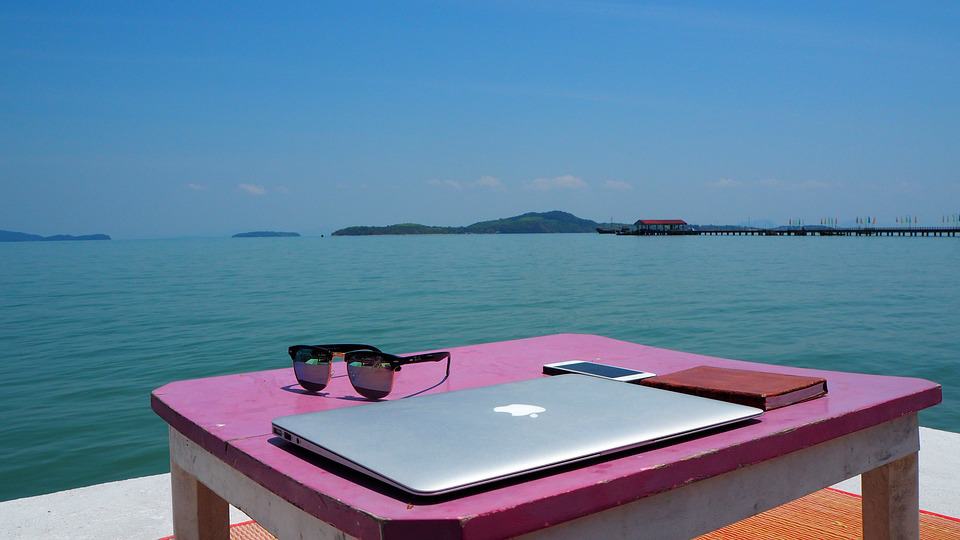
Table of Contents
First, A Big Assumption: You Chose This Life
We think one of the big reasons that the digital nomad “community” is so ridiculous in its expectations of this “lifestyle” is that many of them didn’t choose to be digital nomads.
They’re victims of the “gig economy”. Forced out of stable, decently paid employment into fighting for scraps that don’t pay well enough to match their parents’ lifestyle. So, they head overseas to desperately geo-arbitrage the money they do get.
But, they do it without any particular desire beyond a middle-class or working-class life. There’s no passion for new people and places. So, they congregate in “nomad hubs” in places that are very similar to the ones they left behind and hang out with people exactly like themselves.
If you’re forced, by circumstances, into doing anything you don’t really want to do – it’s going to have negative impacts on your health. Unhappiness is not conducive to good health.
The only way to tackle this is to find something that makes you happier.
There is, happily, another camp of digital nomads. People, like Megan and I, who chose this life. We want to see the world and experience it. We feel privileged and excited to travel and work and while it’s not always a bed of roses – it’s what we want.
These are the people who will get the most out of this article because it’s aimed at the voluntary digital nomad as opposed to what we’ve come to think of as “economic refugee nomads”.
The Potential Downsides Of Digital Nomad Life On Your Health
There are a few big potential downsides of living and working remotely.
Isolation: A Real Killer
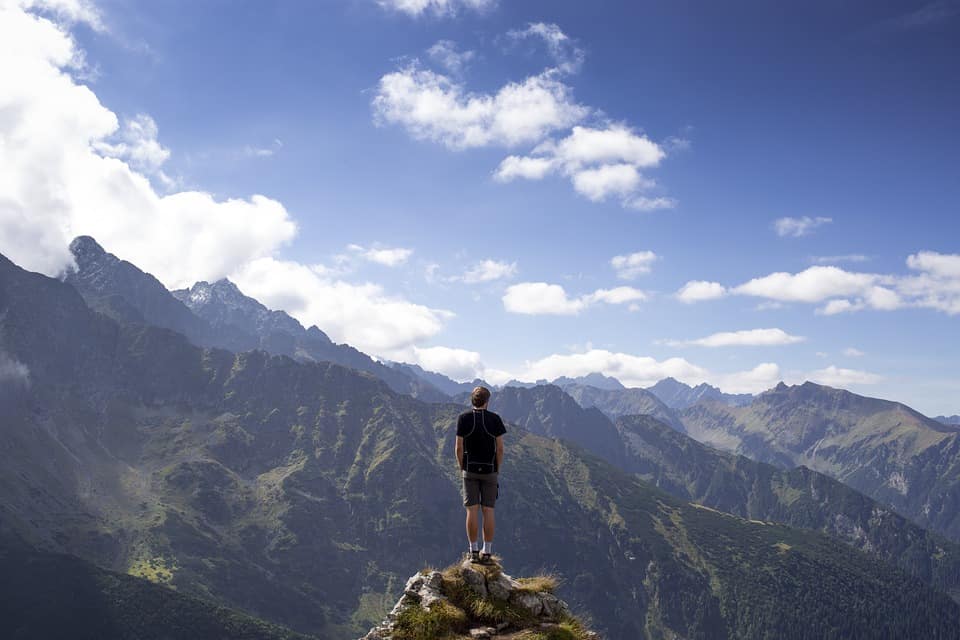
Social isolation is not a good thing. It can quite literally kill you. Research suggests that being truly lonely can have as much impact on your overall health as smoking, alcohol, drugs or obesity.
This means that if you want to be a healthy digital nomad; you need to take responsibility for creating an environment in which you are not alone.
For me: I have Megan to keep me company all the time, I have a wide group of friends around the region and can nearly always find someone to have a coffee with, I am also when called upon, quite socially gregarious – I can go out and start conversations when I need to.
Warning signs that loneliness is becoming a problem include spending more and more time in bed, neglecting personal hygiene (because there’s no around to care), staying inside all the time, etc.
Tackling loneliness can feel overwhelming but it’s the one time we recommend using social media – find somewhere you can meet people who share a hobby or interest with you and get out of the house. You’ll soon find some company.
Screen Addiction: The Destroyer Of Happiness And Attention
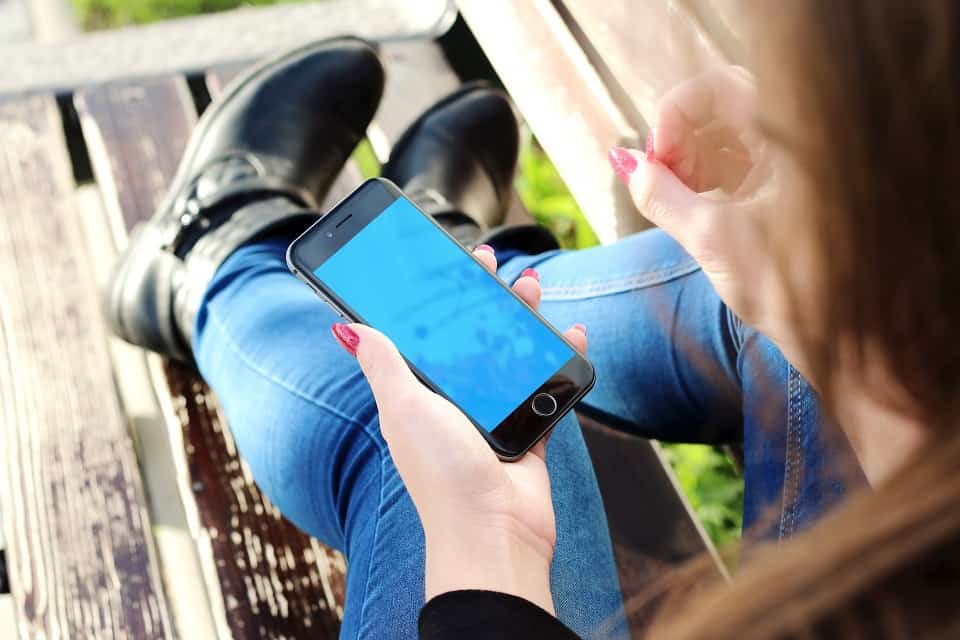
You can’t help but use screens if you are a digital nomad but it’s worth noting that if you try to stay always connected to social media, e-mail, your phone, etc. you will pay a price for it.
It has been clearly demonstrated that people who spend more than 2 hours a day on their screens (except when working) lose the ability to concentrate properly and if their time is spent on social media – they will have less empathy and higher levels of anxiety and depression.
The smartphone and social media were designed to get you addicted so that marketers could feast upon your attention. The best thing any nomad can do is learn to switch off their phones and computers except when they are needed and experience real-life instead.
Boundary Destruction: When All Time Becomes The Same

The biggest risk of remote working in general after loneliness is the loss of clear boundaries in your life.
Working in a small apartment can often mean you work where you sleep and relax. Instead of “working from home” it starts to feel like “living in the office”.
This is quite literally a horror story for the mind and this can lead to feeling exhausted all the time, highly dissatisfied with life in general and eventually carry you all the way down the rabbit hole into depression.
Find a bigger place to live where you can demark an area for work or join a co-working space (we may not love co-working spaces, but your mental health is more important than our quite arbitrary preferences).
Separate work from your life.
The Potential Upsides Of Working Remotely
OK, it’s worth noting that each “potential upside” is also a potential downside if not managed carefully. There is an assumption in these upsides that you’re going to take responsibility for your health and not expect it to take care of itself.
You Can Improve Your Diet

You’re working mainly from home as a digital nomad. That means you can cook, you can prepare anything you like and you don’t need to worry about people complaining about how much time it took or that they don’t like the smell of it.
You’re free to create a healthy diet and we recommend that you do. Diet has a huge impact on your overall health. A balanced diet is the best diet – that is an omnivorous diet that is low in processed foods and particularly processed sugar, low in meat and high in fiber.
However, if you’re already overweight and struggle to stick to a diet – you may find an elimination diet the best way to start. Veganism or its opposite number, carnivorism, can really help you manage calorific input and shed some weight.
When the weight’s gone – you can switch to a balanced diet.
You Can Improve Your Fitness
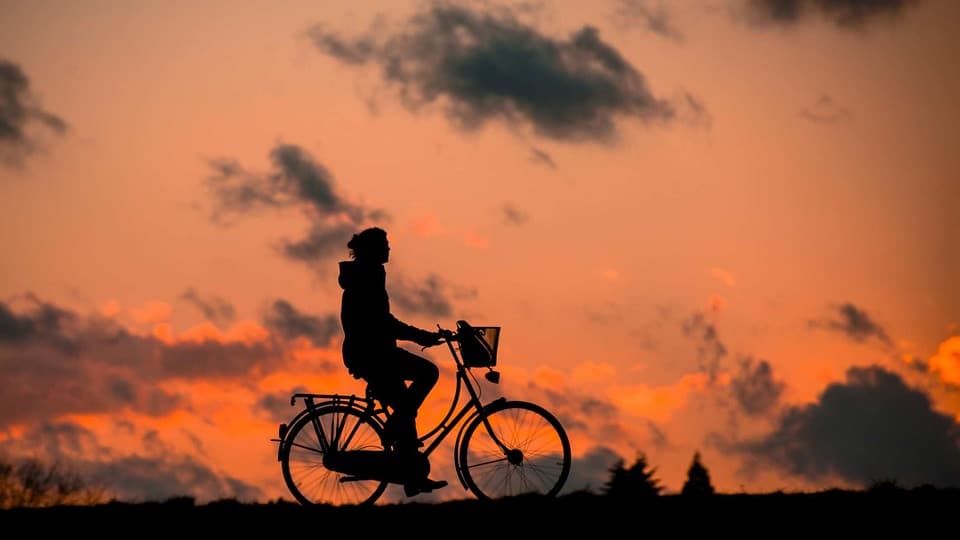
Everyone should exercise for at least 30 minutes a day. This should be “moderate-intensity” exercise. You can test this because you can hold a brief conversation during this kind of workout but couldn’t sing your national anthem because of a lack of breath.
Walking, swimming, cycling, etc. are all perfectly OK for this kind of exercise. You do not need to run, jog or buy any kind of specialist equipment unless you want to.
Note: The British government says you can do this in 5-minute stretches and then add them up to 30 minutes if you want. We’re going to say that we don’t believe this. 6 x 5 minutes are probably better than nothing, but a sustained half hour is going to be better.
You also ought to do a little weight training particularly as you start getting older (50s) and onwards if you want to maintain your body strength. While a fully stocked gym is a lovely thing to have, you can do this without any special equipment too.
You burn nearly 50% more calories each and every day with this mild workout routine as it kickstarts your metabolism. You will also find it gives you more energy and improves your overall health significantly.
Note: If you want to do more exercise, you can, but you don’t have to.
You Can Improve Your Sleep

No commute means no excuses for not getting a full night’s sleep. You need 8-10 hours a day. Every day.
A shortage of sleep is linked to endless health problems from physical to emotional ones. It took me a long time to learn the value of sleep but now I never miss sleep unless I really have to.
You Are Free Of The Commute

We mentioned the commute before but it’s worth noting that in couples where one person commutes – the odds of divorce skyrocket. So, by living a life without a commute – you are, in effect, improving your most important relationship.
In turn, being with someone you love in a happy state, will reduce your stress levels and the associated health problems that come with them. You will also be far less likely to feel alone. This is a serious benefit of digital nomad life.
You Are More Likely To Find Job Satisfaction
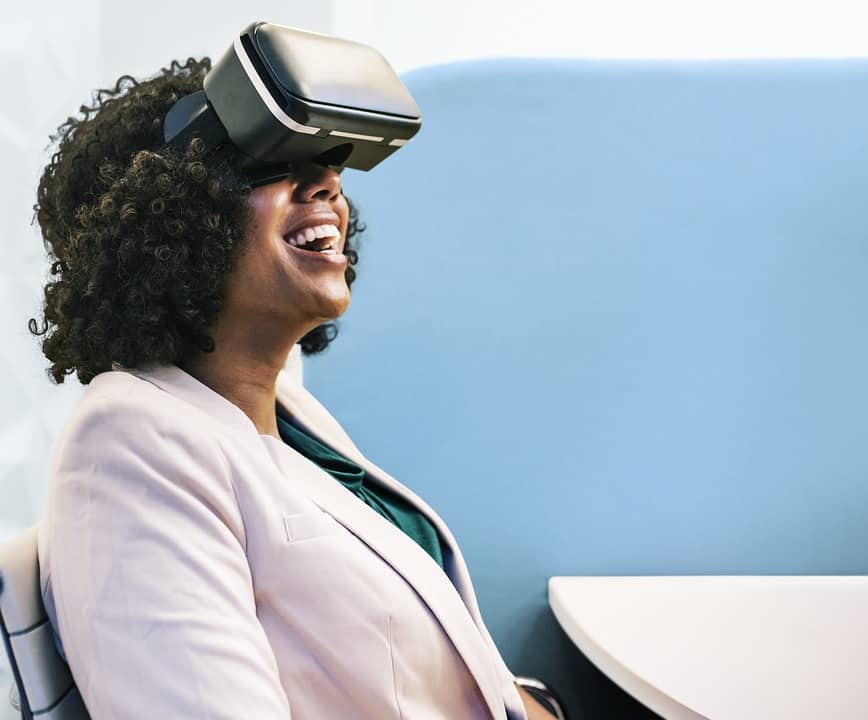
If you chose this life as a digital nomad, then you chose the work. If you chose the work, you’re more likely to enjoy it. If you enjoy it – you’re going to be satisfied! Yay!
That doesn’t mean that every day is perfect, but it does mean that every day is easier than it could have been if you hated your work. Happiness with work means less overall stress.
You Have Time To Meditate
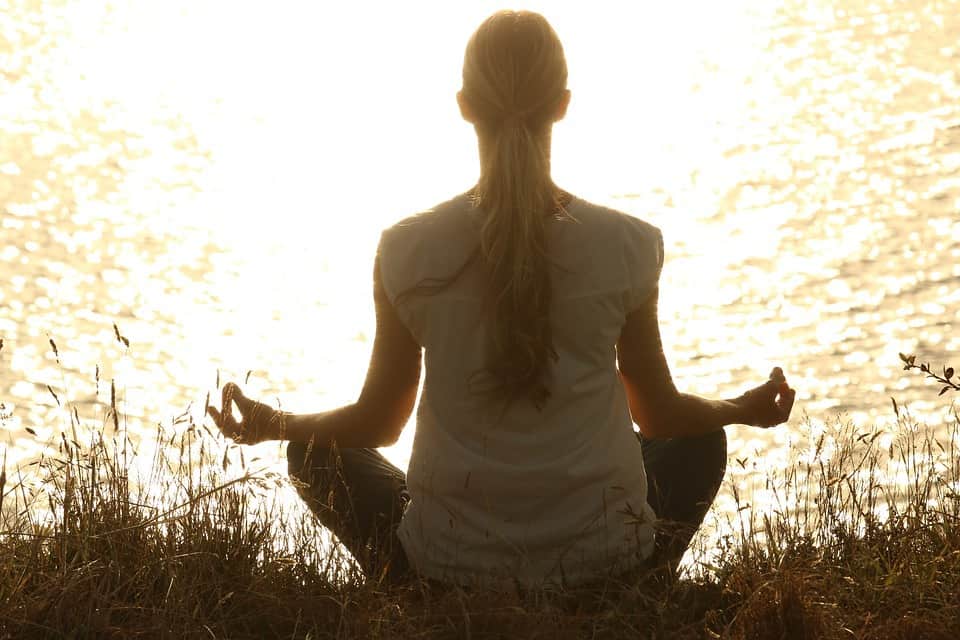
I am not into spiritual claptrap but the evidence in favor of meditation is overwhelming. People who meditate for even just a few minutes a day are calmer, tend to be clearer about their purpose and are happier than those who don’t.
Given that anyone can learn to meditate for free and it costs exactly $0 to learn and to practice meditation – I strongly recommend you avail yourself of the health benefits that meditation brings.
You Have Strong Personal Autonomy
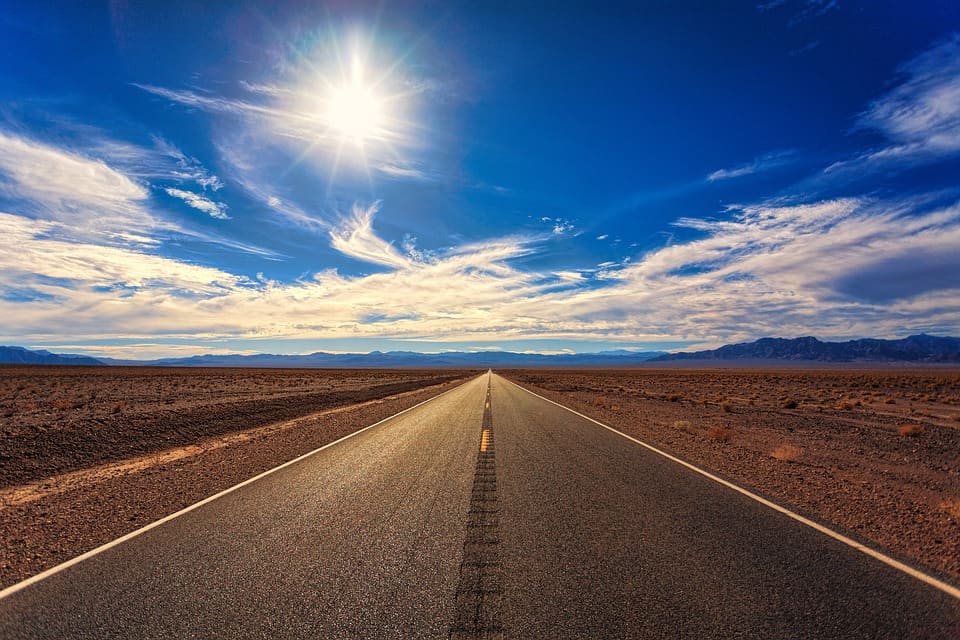
Freedom! It’s what I love most about this life. You choose when to work, where to work, what to wear to work, what you can (or can’t) put on your desk, your tools for work, the music you do (or don’t) play while you work, etc.
Being in charge is a form of personal power. Feeling powerful makes us feel happy. Congratulations, digital nomad, this is the life!
You Will Be Less Ill

This is for two reasons. The first is that you will come into contact with fewer sick people (offices are terrible breeding grounds for germs) when you work in your own home. The second is that you’re going to be less stressed thanks to all the benefits above – and that means your immune system will be working at its best.
A digital nomad win-win.
Some Tips To Make Your Digital Nomad Life Even Healthier!
These tips may not always be possible depending on where you are in the world but digital nomads can benefit from all of them if they can put them into practice:
Take Regular Movement Breaks
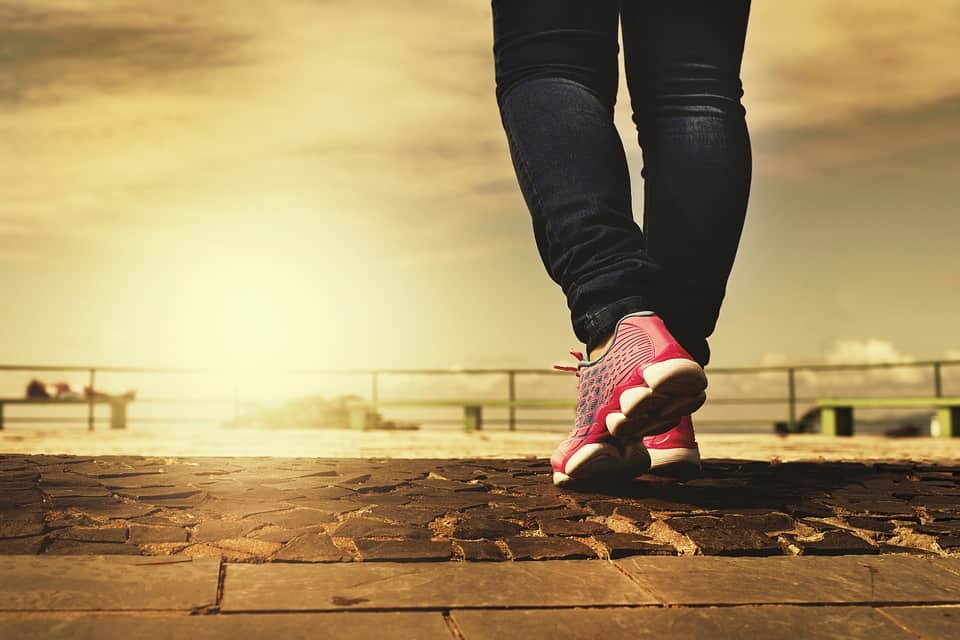
Every 45 minutes to an hour – take a quick walk around the room. Do some stretching exercises. A few sit ups or a few push-ups.
This is not for “exercise’s sake” but to help you break up your posture and prevent you from damaging your muscles and bones.
Mix Up Standing And Sitting

Sitting down may or may not be the “new smoking” but it has certainly been linked to plenty of ill effects. If you can spend some of your working day standing and some of it sitting – you’re going to find life is easier.
It may prevent cancer, heart disease, and other muscular or skeletal problems. The downside? It’s hard to find standing desks even in co-working spaces in most of the world. Forget finding one in your hotel room.
Make Time To Be Social

The easiest way not to be lonely is to go out. If you have to use a co-working space though we prefer coffee shops and bars to meet people in. The more you feel that you are a part of something bigger than just you – the happier you will be.
Create A Routine
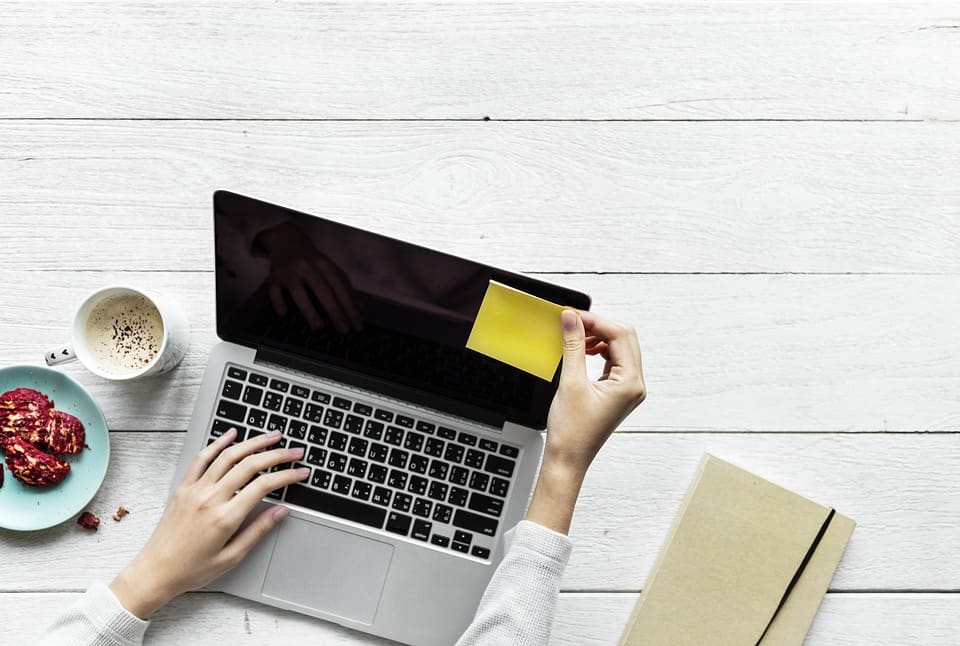
Too much freedom can leave you stressed out and poorly focused. Create a routine, of sorts, get up and go to sleep at the same time. Have meals at similar times. Slot some of the day in for work and some of it for play. That kind of thing.
You’ll find that this conditions you to get things done effectively and frees up more time for leisure. You don’t want to waste time as a digital nomad – there’s a whole world for you to see. Less time at the desk means more time out having fun.
Change Work Venues
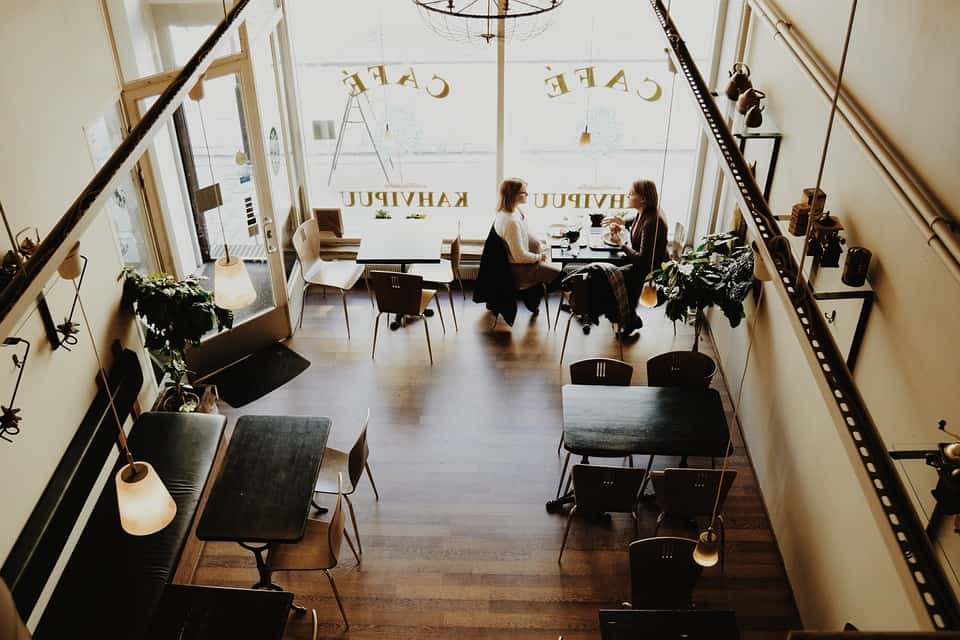
I love working from home but even I, occasionally, throw my stuff in a bag and go to a café to work outside on a beautiful day or just to change things up a bit. You’re not a prisoner in your own home and working remotely means the freedom to shake things up whenever you want.
Conclusion

Being a digital nomad is not a passport to a healthier life and remote working can be challenging when you think about the potential impacts on your health.
However, for every potential downside, there are at least two potential upsides of remote working. The key to it all is to take responsibility for your health. Set targets and adhere to them. Recognize when you’re not eating well, have stopped exercising, etc. and do something about it.
If you do that – then you’re going to find you have much more time than someone who commutes to spend on self-care. You can be fitter, healthier and happier than you’ve ever been when you become a digital nomad. That is, if you make it happen.
